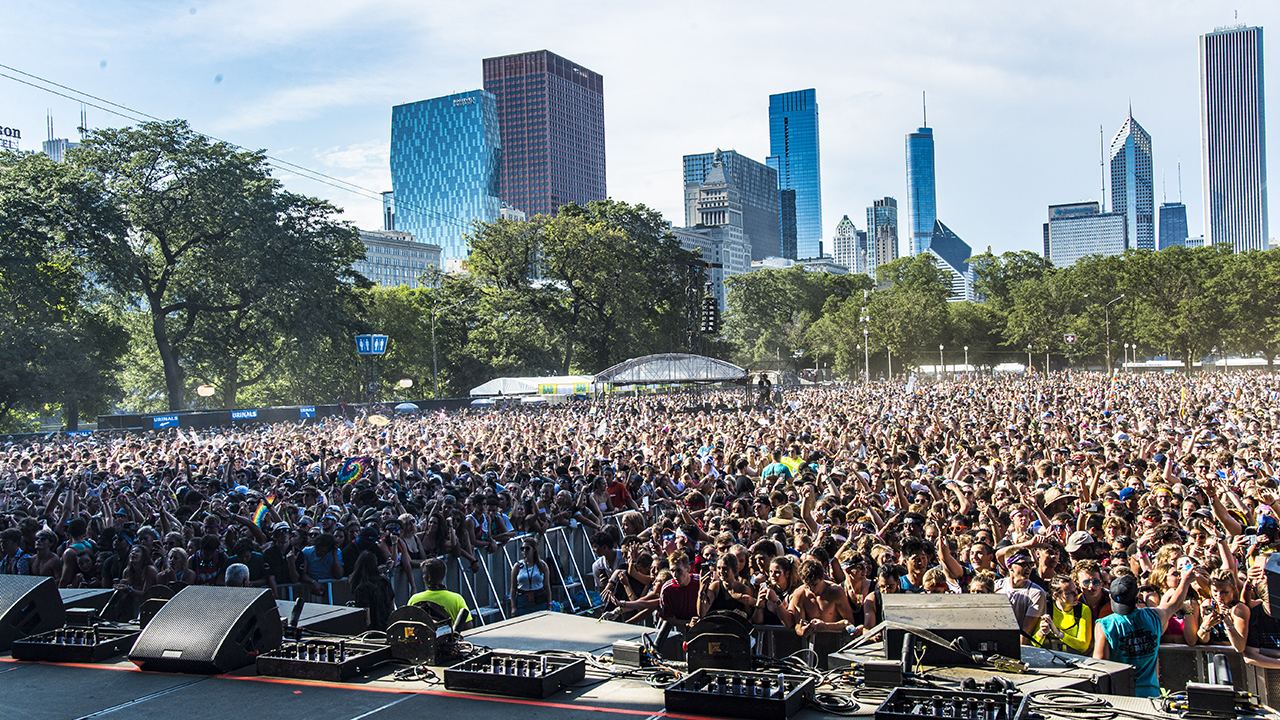US accuses Syria of killing thousands, burning bodies in crematorium

The U.S. is accusing Bashar al-Assad's regime in Syria of killing thousands of people from 2011 to 2015 and using a crematorium to dispose of their bodies. While Assad allies Russia and Iran may not have had anything to do with the crematorium, they are complicit in the brutal dictator's many other atrocities, according to the U.S.
The Trump administration says the regime has killed as many as 50 people a day at the Saydnaya prison complex in that period, and beginning in 2013, it turned a building on the compound into a crematorium.
"Although the regime's atrocities are well documented, we believe that the building of a crematorium is an effort to cover up the extent of mass murders taking place in Saydnaya prison," said Stuart Jones, the acting assistant secretary for Near Eastern affairs. "We are appalled by the atrocities that have been carried out by the Syrian regime, and these atrocities have been carried out seemingly with the unconditional support of Russia and Iran."
Jones called on Russia in particular to hold the Assad regime accountable.
"Russia must now with great urgency exercise its influence over the Syrian regime to guarantee that horrific violations stop now," he added.
To support the claim today, Jones cited reports from international monitoring groups, the press and U.S. intelligence - including new satellite photos the State Department distributed to the press. The photos allegedly show construction over the course of several years at Saydnaya that would be consistent with a crematorium, with features like ventilation equipment, a discharge stack and a firewall.
The U.S. has not presented this evidence to the Russian government yet, according to Jones, but he added that last week's talks with Russian Foreign Minister Sergey Lavrov in Washington gave the administration hope that Russia will comply.
"Foreign Minister Lavrov and the Russian government have indicated to us that they are interested in finding a solution on Syria," Jones said. "We hope that we will now be able to work with the Russians in a constructive way to put pressure on the regime to end these atrocities."
After more than six years of civil war and continued Russian support for Assad, however, it is hard to see that happening. Jones noted how Russia has supported Assad even after other horrific crimes, including chemical attacks, extrajudicial killings, forced starvation and indiscriminate airstrikes.
"Russia has either aided in or passively looked away as the regime has conducted an airstrike against a U.N. convoy, destroyed east Aleppo and used chemical weapons, including sarin against civilians in Idlib province on April 4," he said.
The accusations of mass killings at Saydnaya are not new. The notorious prison, 17 miles north of Damascus, was the subject of an Amnesty International report in February, alleging that the regime executed 13,000 prisoners in mass hangings and carried out systematic torture there in the last couple of years. Still, Amnesty International could not confirm the existence of a crematorium.
"We haven't independently verified the photos, and it's not a detail that was included in our report or analysis," a spokesperson told ABC News. "But the statement is certainly a chilling reminder of the horrors highlighted in our report and the urgent need to allow access for independent monitors into Saydnaya and all other prisons in Syria."
After Lavrov's trip to Washington last week, the administration is hoping to seize the moment to push Russia to help solve the Syrian crisis.
"This was an opportune time to remind people about the atrocities that are being carried out inside of Syria all the time, of which this is one discrete, additive piece of evidence," said Jones.
Neither the Assad regime nor the Russian government has responded to the charge so far, but State Department spokesperson Heather Nauert told reporters that the administration believes the U.S. and Russia share a goal in Syria for a "unified and stable nation," achieved through diplomatic and political means.




